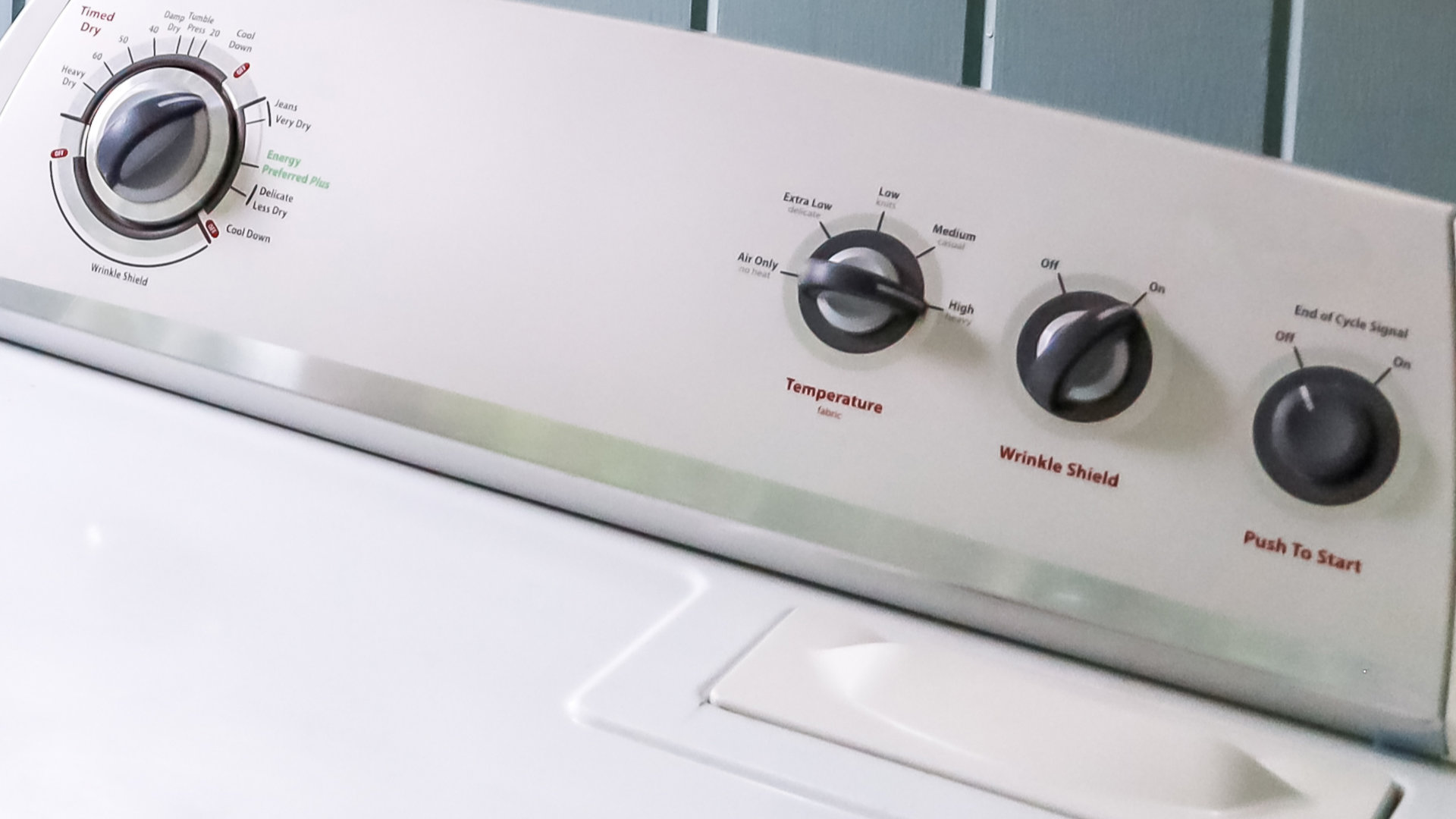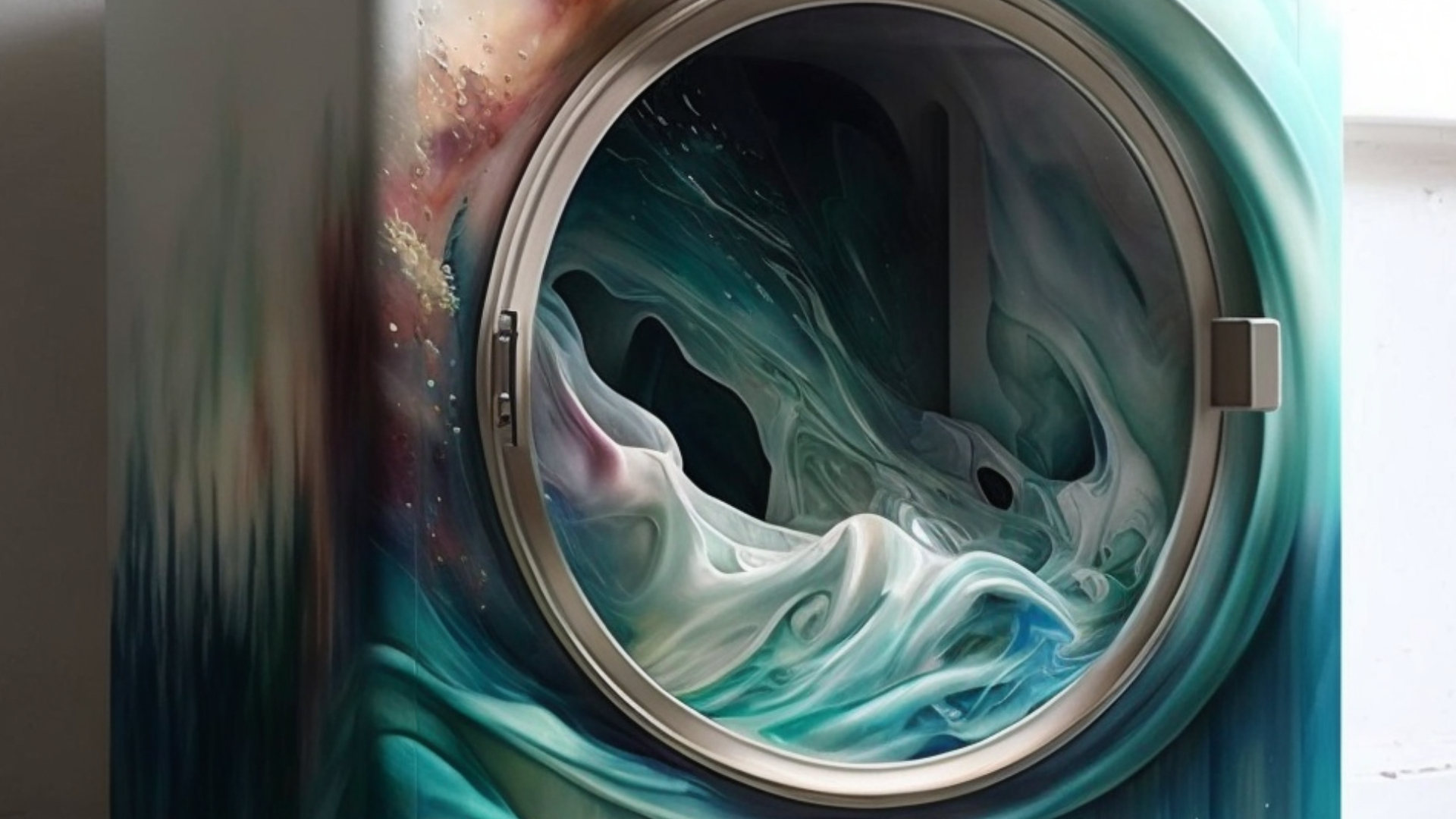
Is your trusty washing machine starting to show signs of wear and tear? Maybe it’s not cleaning your clothes as well as it used to, or it’s making strange noises during the spin cycle. Whatever the issue may be, it’s important to know when it’s time to say goodbye to your old washing machine and upgrade to a newer model. In this article, we’ll help you determine when it’s time to replace your washing machine, and provide some tips for choosing a new one that will make laundry day a breeze.
How long can you expect your washing machine to last?
Your washing machine is an essential appliance in your home, but how long can you expect it to last? The lifespan of a washing machine depends on several factors, including usage, maintenance, and the quality of the appliance.
On average, a washing machine can last between 8-12 years, but some models may last as little as 5 or as long as 15 years. Regular maintenance, such as checking the hoses and valves, cleaning the lint trap, and using appropriate detergent, can extend the lifespan of your washing machine.
Additionally, the more frequently you use your washing machine, the quicker it may wear out. Avoid overloading it with clothes and follow the manufacturer’s guidelines for use to ensure it lasts as long as possible.
To replace or to repair – that is the question!
When your washing machine breaks down, it can be a tough decision to make – should you repair it or replace it?
Here are some factors to consider when deciding whether to replace or repair your washing machine:
- Age of the Machine: The age of your washing machine is an important factor. If it’s over 10 years old, you may want to consider replacing it, as older machines are more prone to breakdowns and may be less energy-efficient.
- Cost of Repairs: The cost of repairs is another important factor. If the repair costs are over half of a new washing machine, it might be more cost-effective to just replace it.
- Frequency of Repairs: If your washing machine is breaking down frequently, it may be time to replace it. Frequent repairs can add up quickly, and you may end up spending more on repairs than you would on a new machine.
- Energy Efficiency: If your washing machine is not energy-efficient, it may be costing you more money in electricity bills. A new, energy-efficient machine could save you money in the long run.
- Condition of the Machine: If your washing machine is in poor condition, with rust, leaks, or other issues, it may be time to replace it.
Signs it might be time to say goodbye
Noisy Operation:
If your washing machine is making loud noises while washing, it could be a sign of a serious problem. It may be more cost-effective to replace the machine than to continue repairing it.
Poor Cleaning Performance:
If your clothes are not coming out clean or smelling fresh after a wash cycle, it may be time to replace your washing machine.
Leaks or Rust:
If your washing machine is leaking water or has visible rust, it may be time to replace it. These issues can lead to more serious problems down the line.
Vibration:
If your washing machine is vibrating excessively during operation, it may be a sign of a serious problem. This could be caused by an unbalanced load or a problem with the machine’s drum. If the issue persists, it may be time to replace the machine.
Electrical Issues:
If your washing machine is experiencing electrical problems, such as tripping the circuit breaker or producing sparks, it is time to replace it. These issues can be dangerous and pose a risk of electrical shock or fire.
Inefficient Performance:
If your washing machine is using more water or electricity than usual, it could be a sign that the machine is becoming inefficient. This can be caused by worn-out parts or problems with the machine’s motor. If the machine is becoming less efficient, it may be time to replace it with a newer, more energy-efficient model.
How to choose the best possible replacement
Choosing a new washing machine can be overwhelming, but don’t worry – here are some tips to help you find the best possible replacement:
Consider Your Needs:
Think about your lifestyle and laundry needs when choosing a washing machine. If you have a large family, you may want a machine with a bigger capacity. If you have limited space, a compact model may be the best choice.
Energy Efficiency:
Look for a washing machine that is energy-efficient. This can help you save money on your utility bills and reduce your environmental impact.
Features:
Consider the features you need in a washing machine, such as different wash cycles, spin speeds, and temperature settings. Look for models that have features that meet your needs.
Price:
Set a budget for your new washing machine and stick to it. There are plenty of options available at different price points, so you should be able to find one that meets your needs and budget.
Brand Reputation:
Choose a brand with a good reputation for reliability and customer service. Check online reviews and ask for recommendations from friends and family.
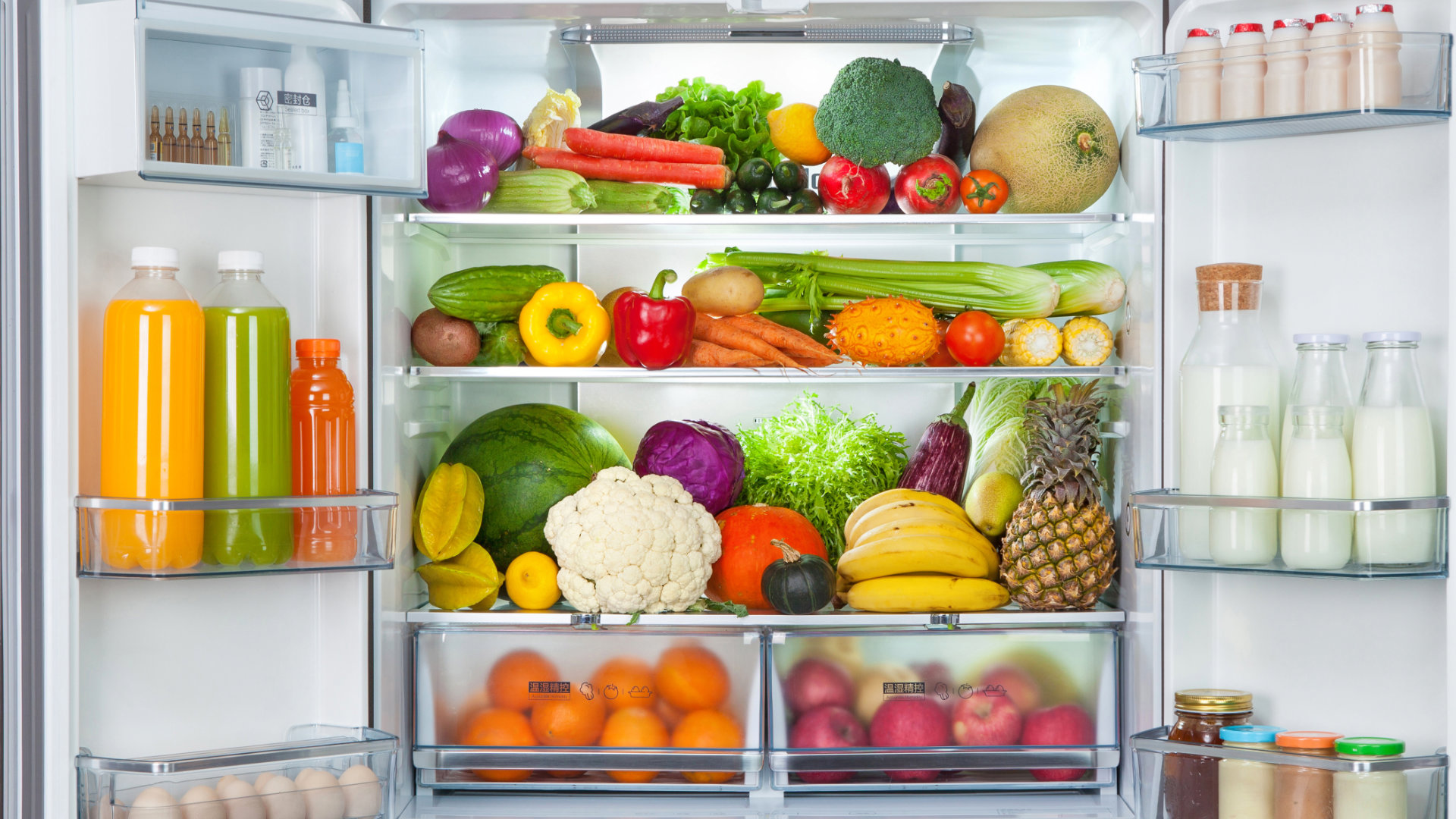
How to Reset a Whirlpool Refrigerator Ice Maker
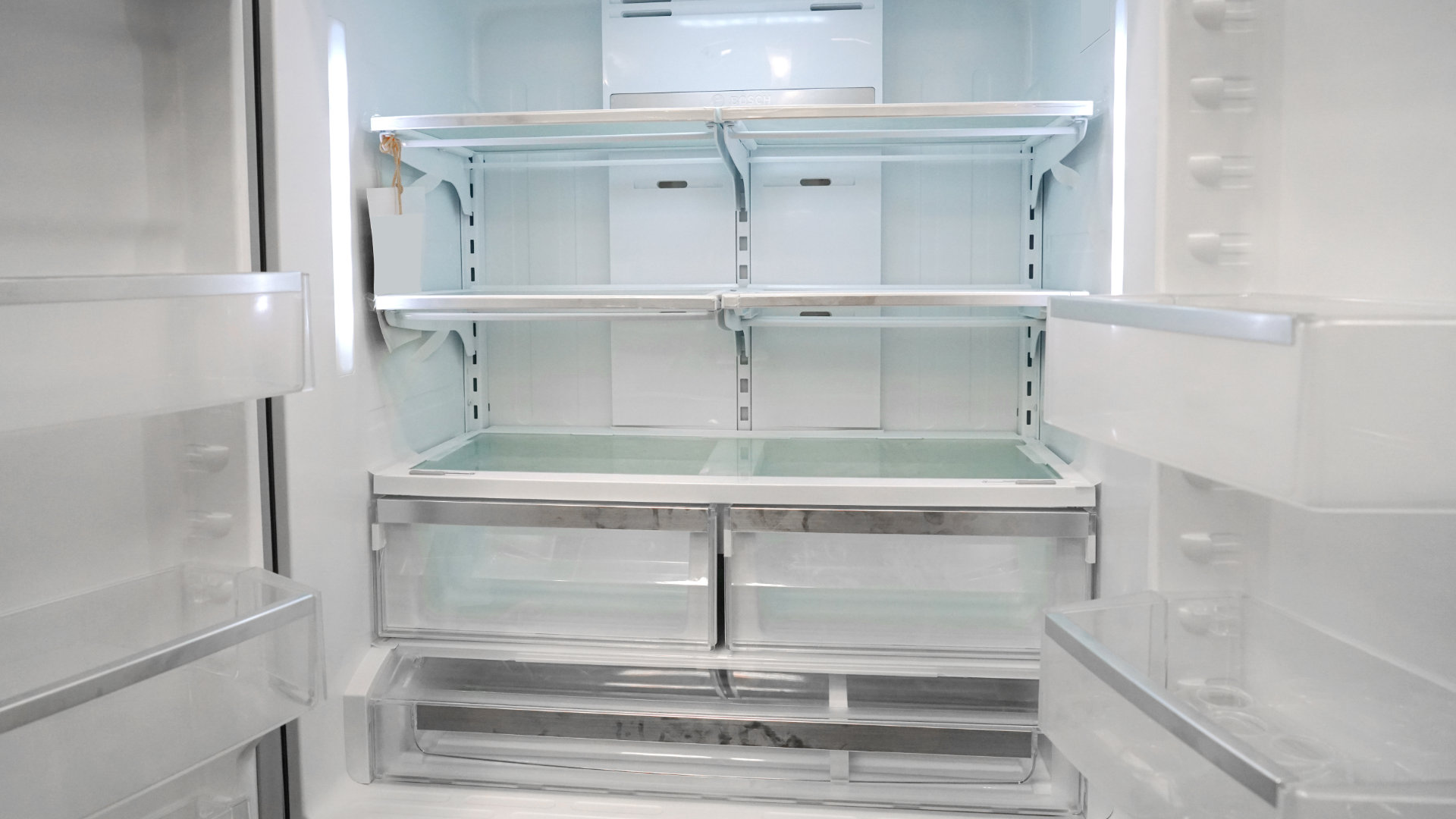
6 Reasons Your LG Refrigerator Is Not Making Ice

Kenmore Fridge Ice Maker Not Working? 5 Ways to Fix It
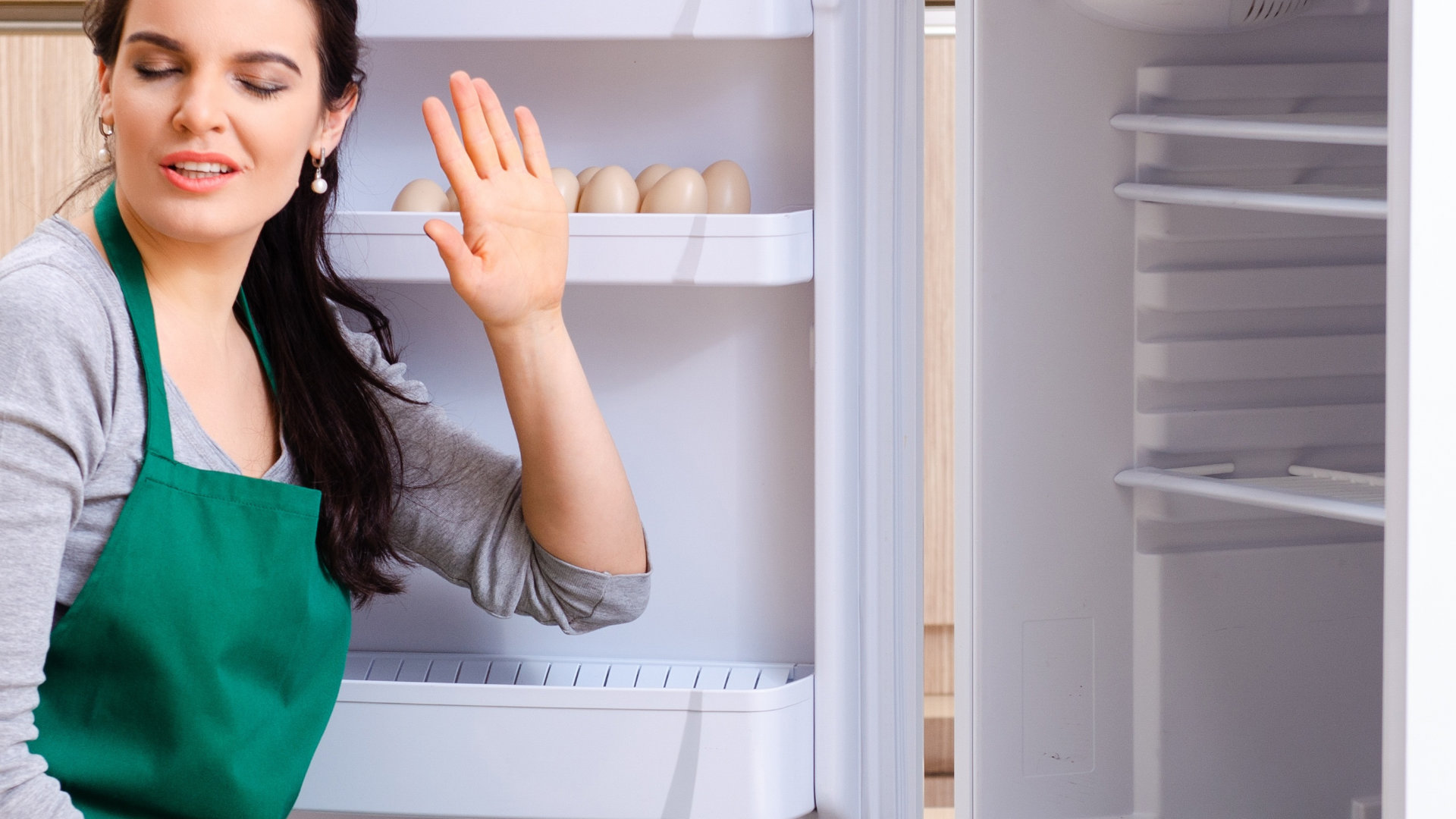
How to Remove Fish Smell from Your Refrigerator
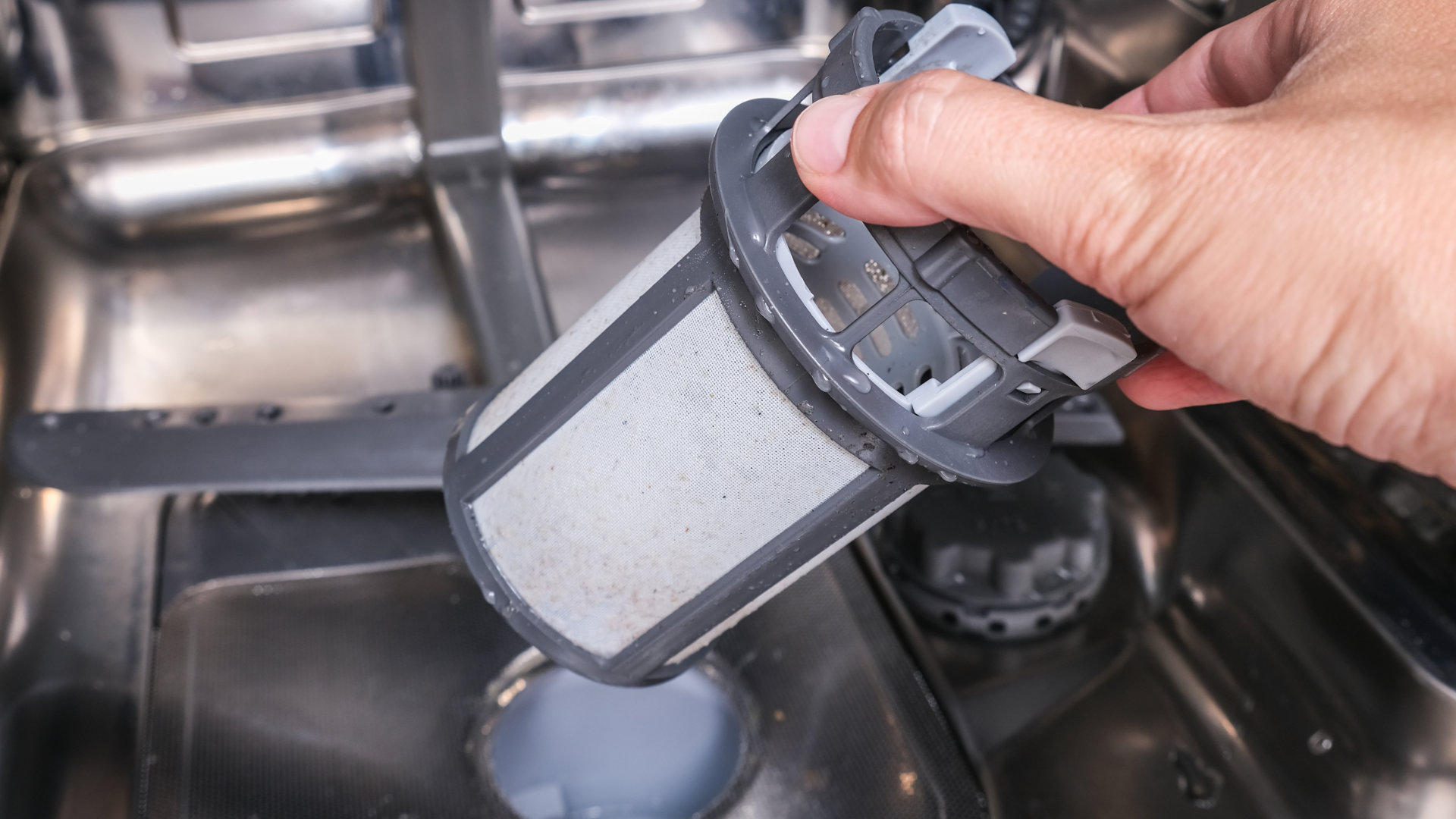
How To Fix Bosch Dishwasher E24 Error
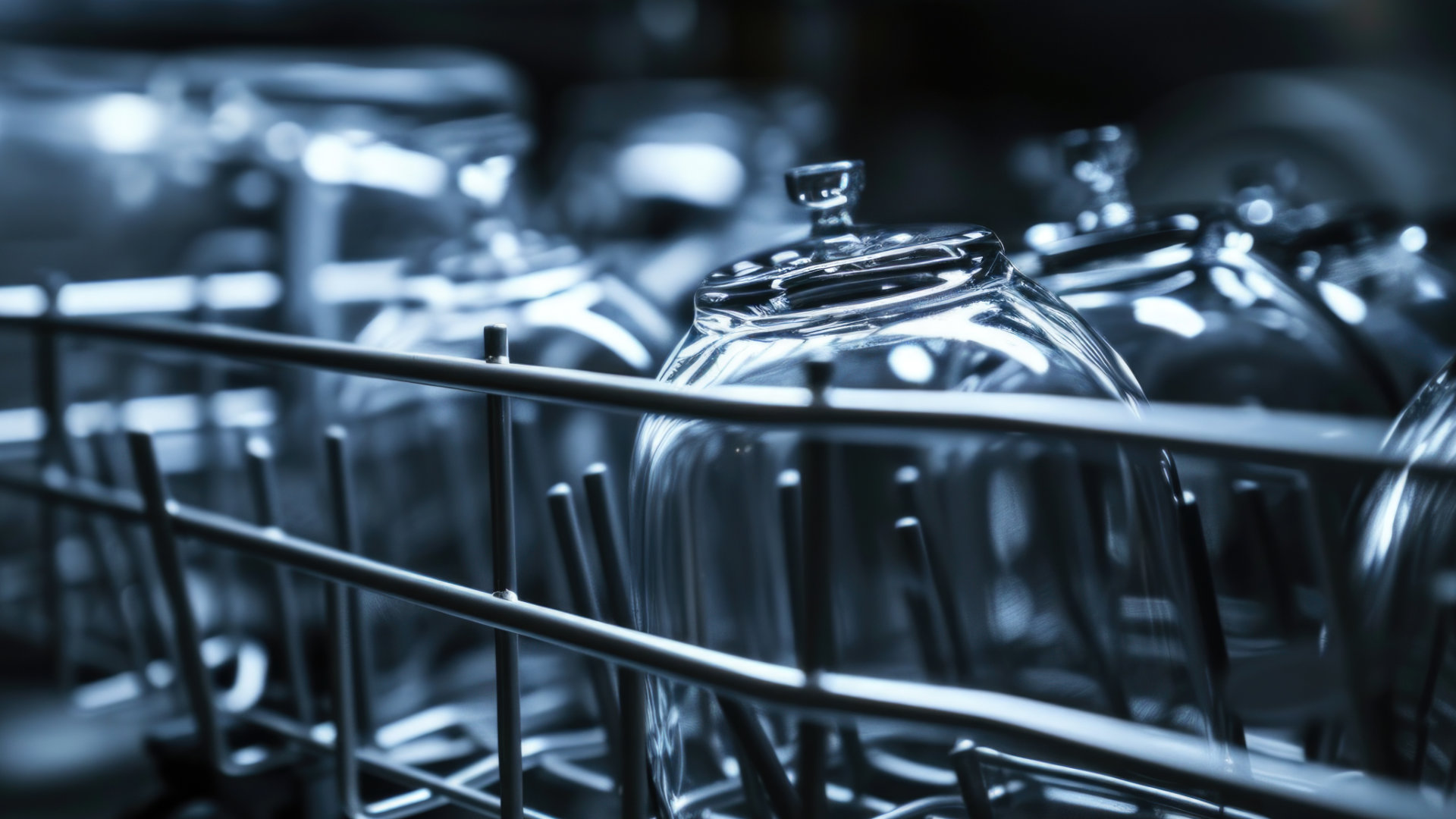
Troubleshooting a Whirlpool Dishwasher Not Draining
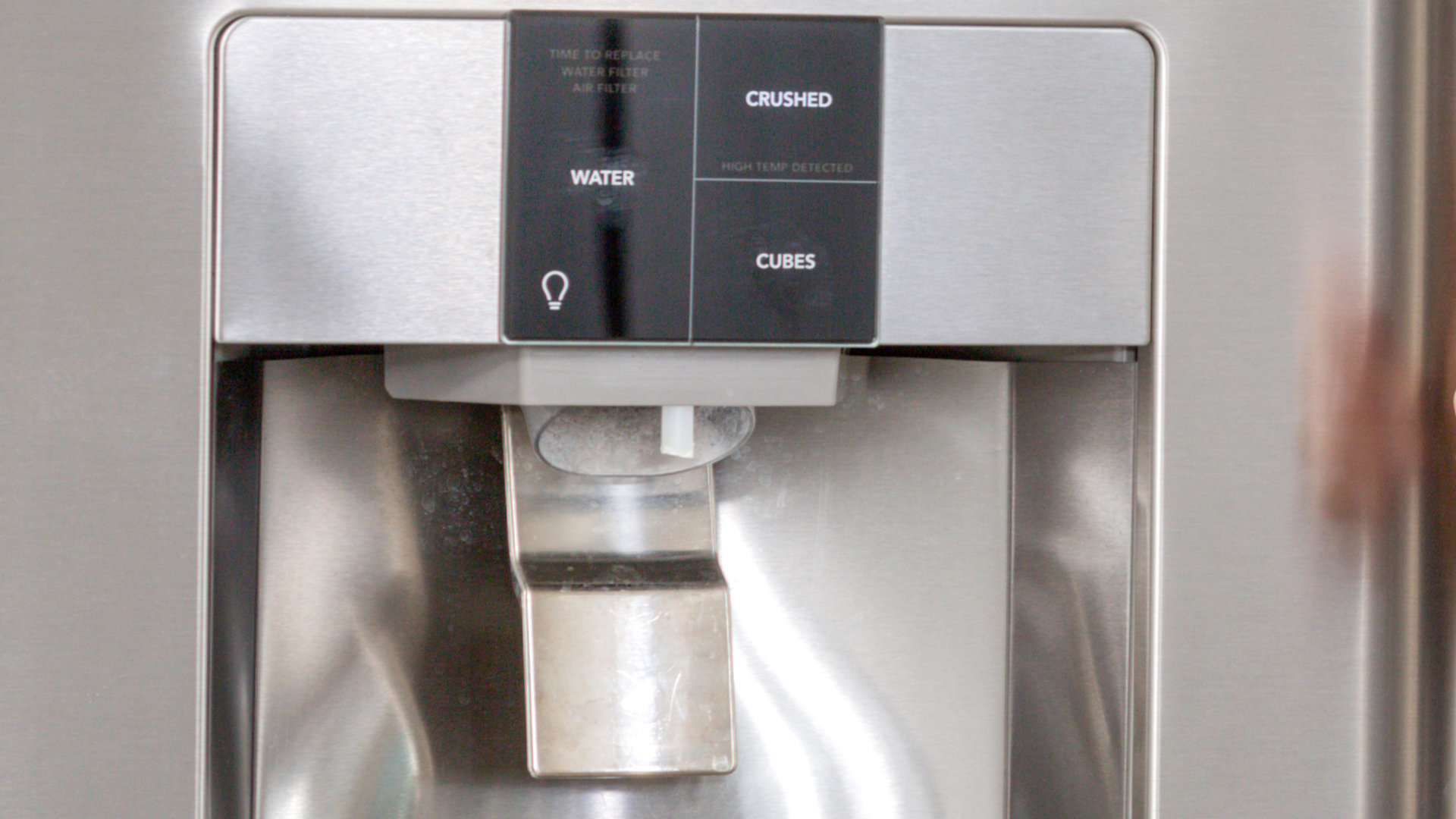
Why Is Your Fridge Water Not Working, but Ice Is?
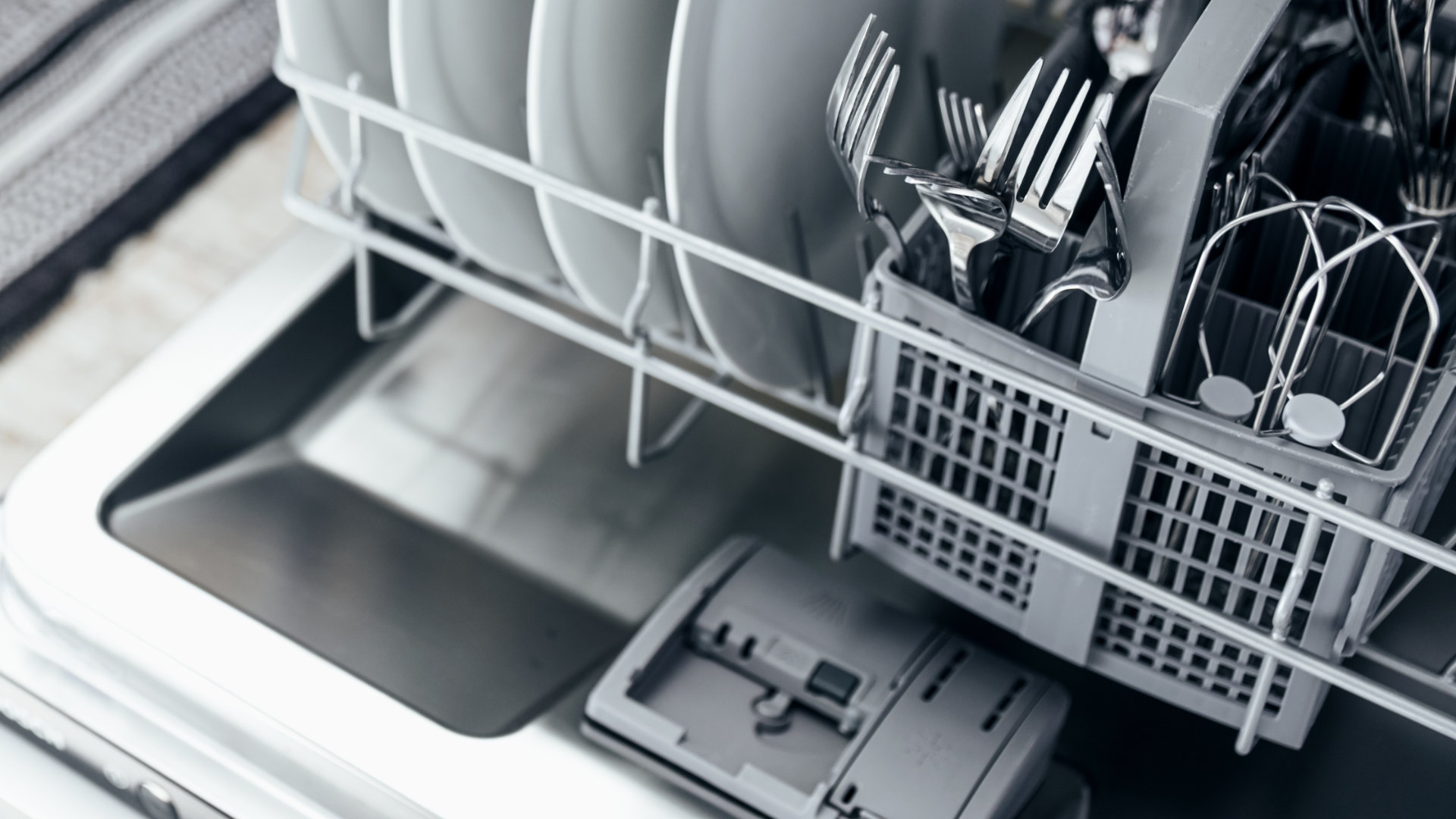
How to Fix the E15 Bosch Dishwasher Error Code
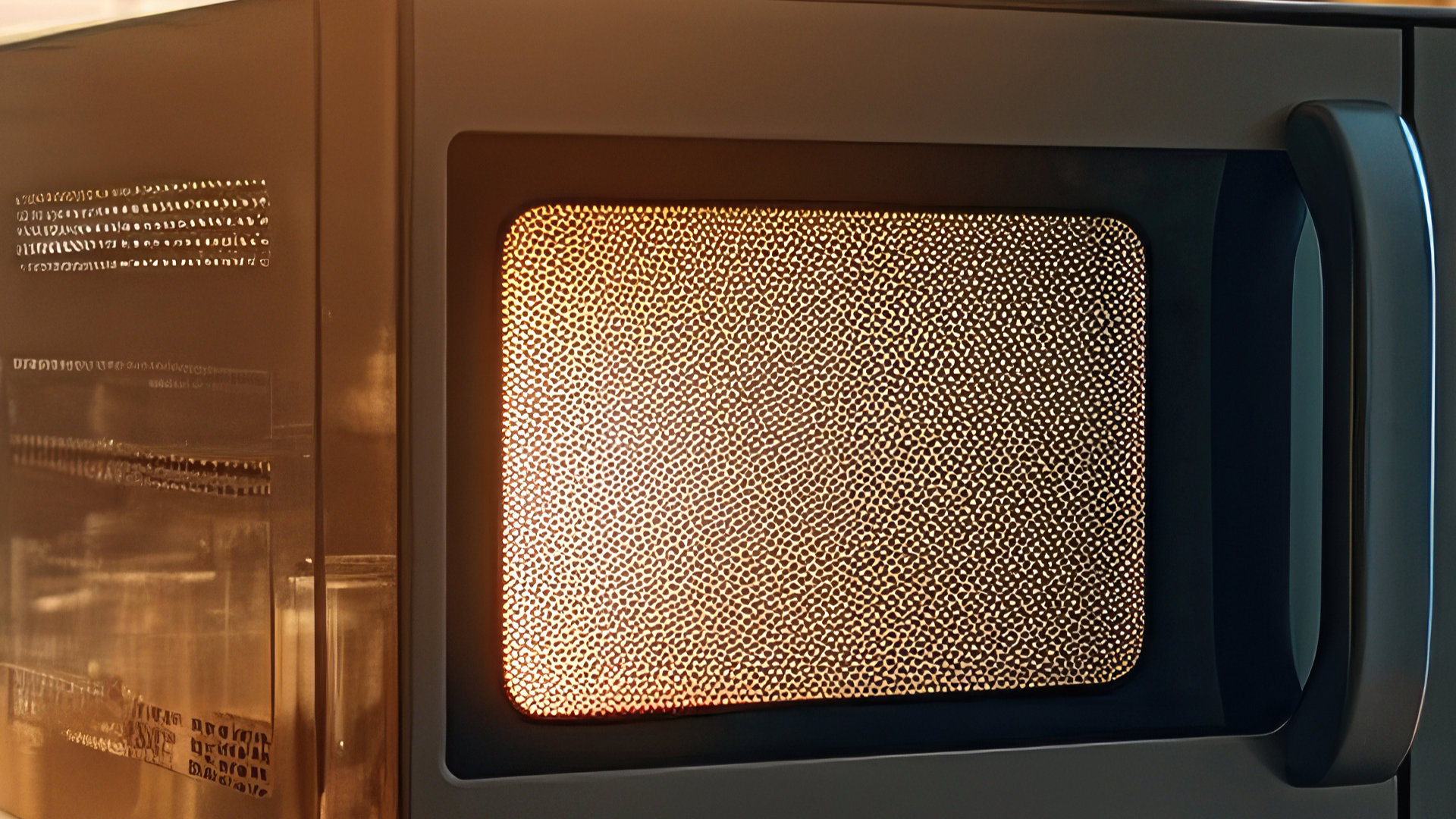
How Much Power Does a Microwave Use?
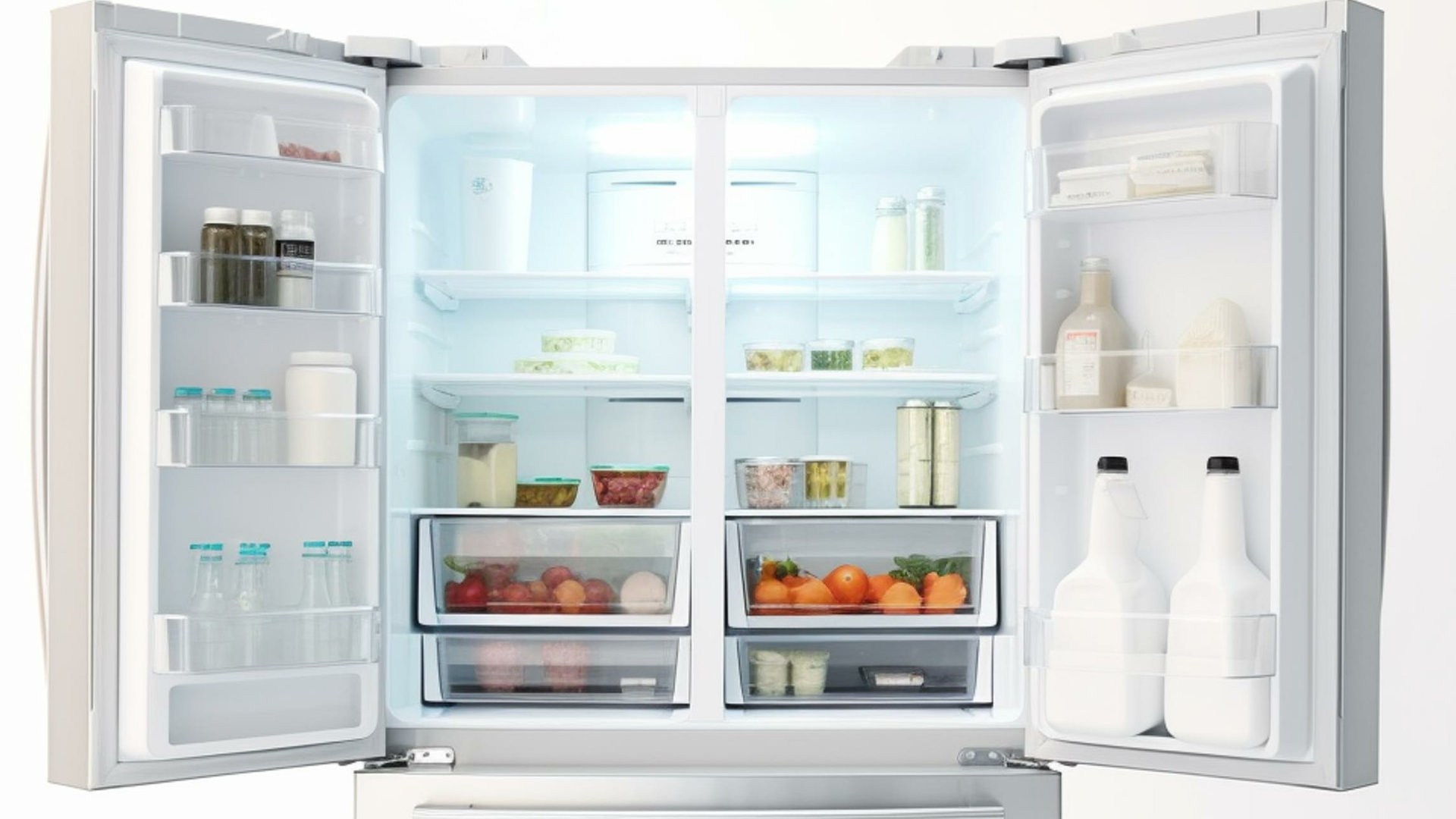
How to Properly Clean Refrigerator Coils
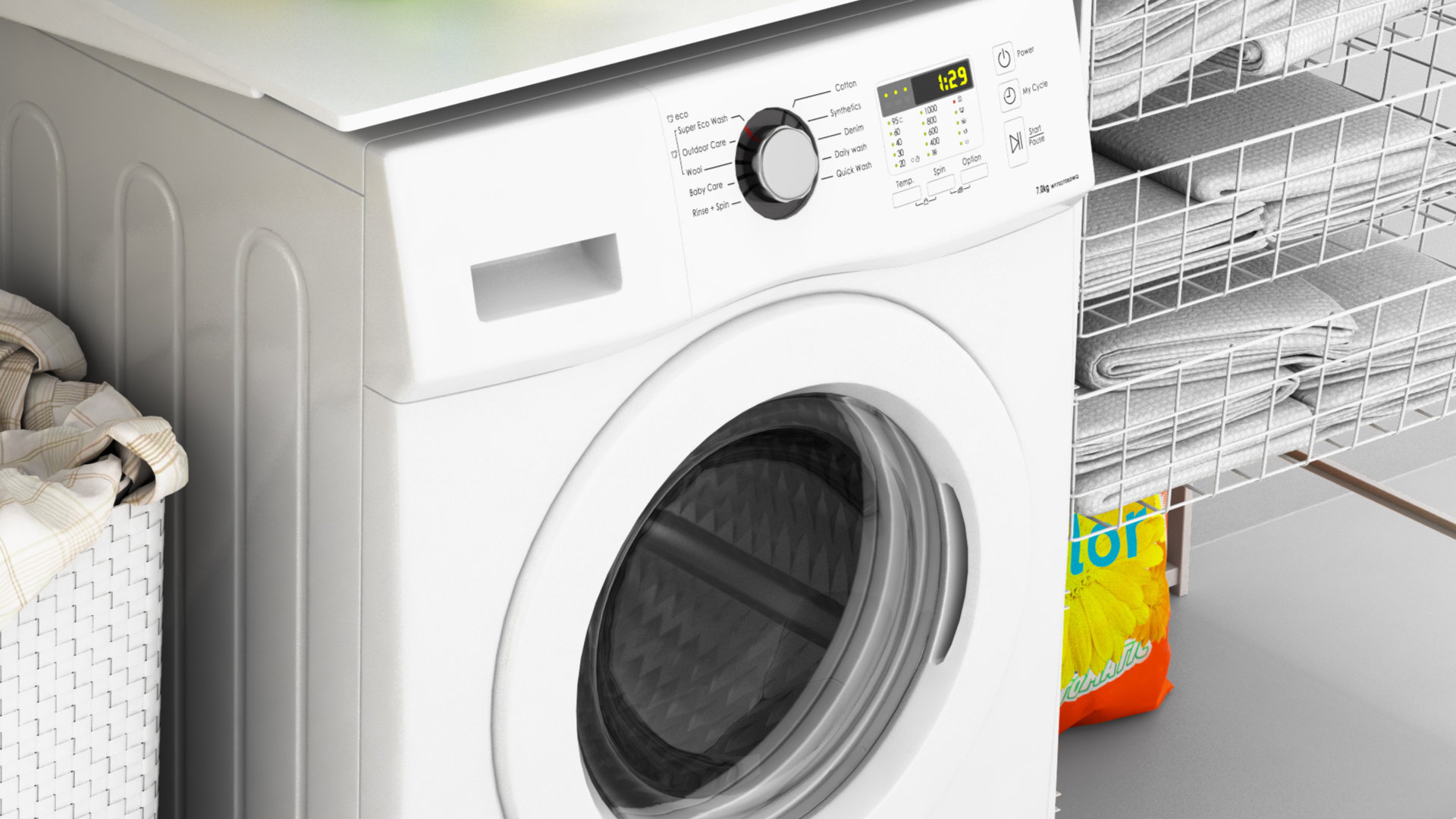
How to Fix an LG Washer Showing OE Error Code
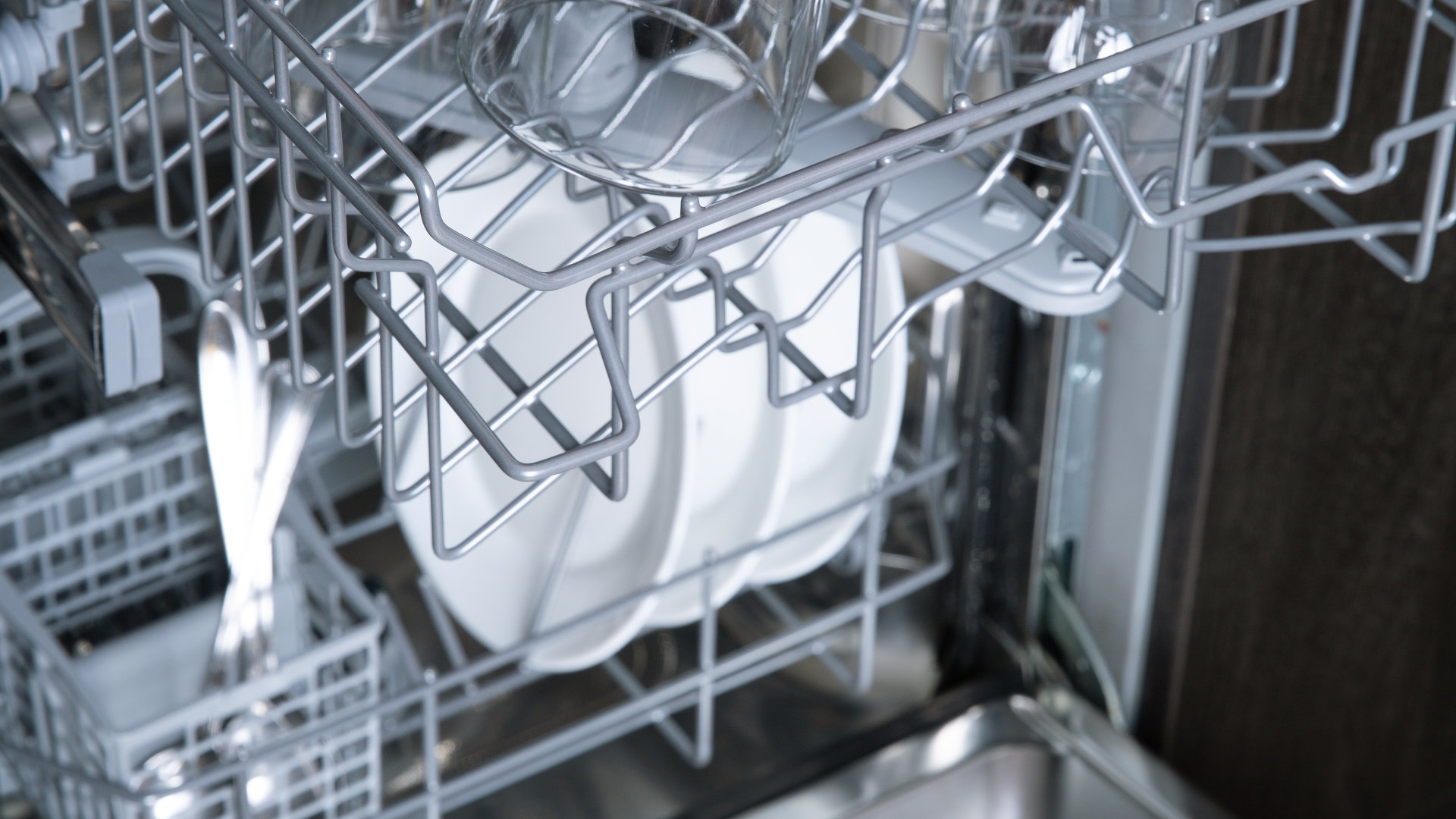
Troubleshooting a GE Dishwasher with No Power and No Lights
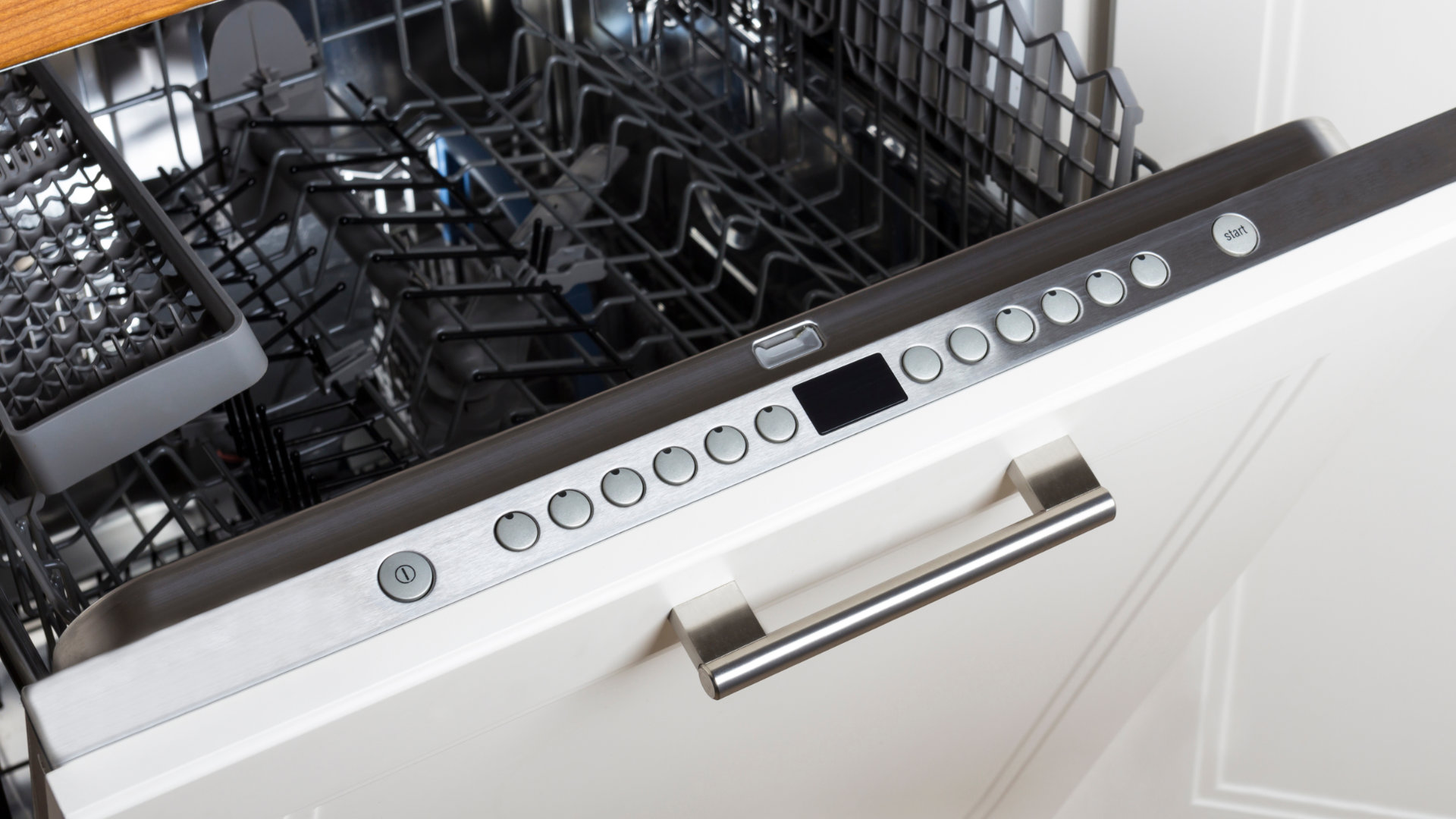
10 Reasons Why Your Bosch Dishwasher Won’t Start
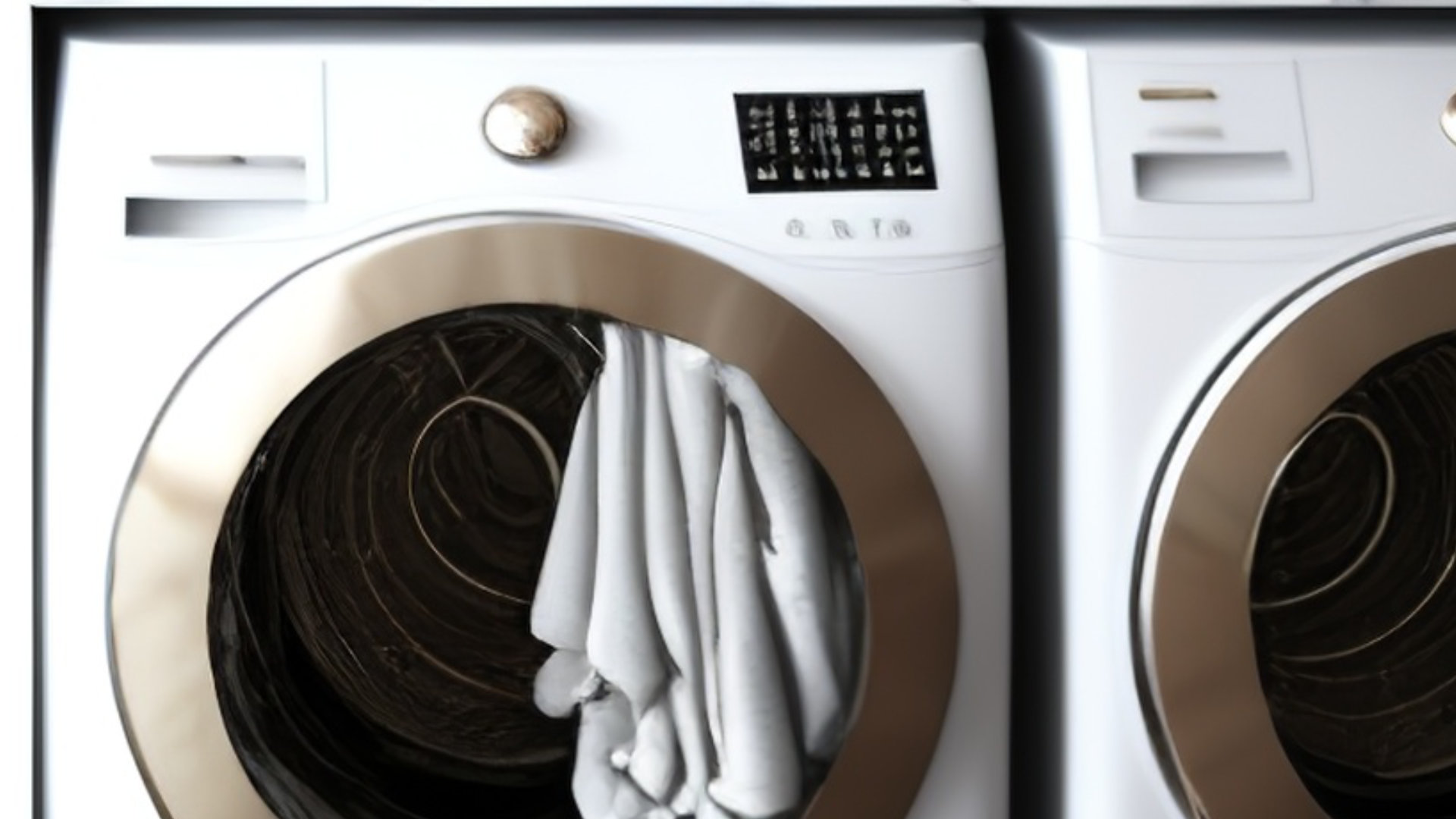
Troubleshooting the F5 Error Code with a Maytag Washer
